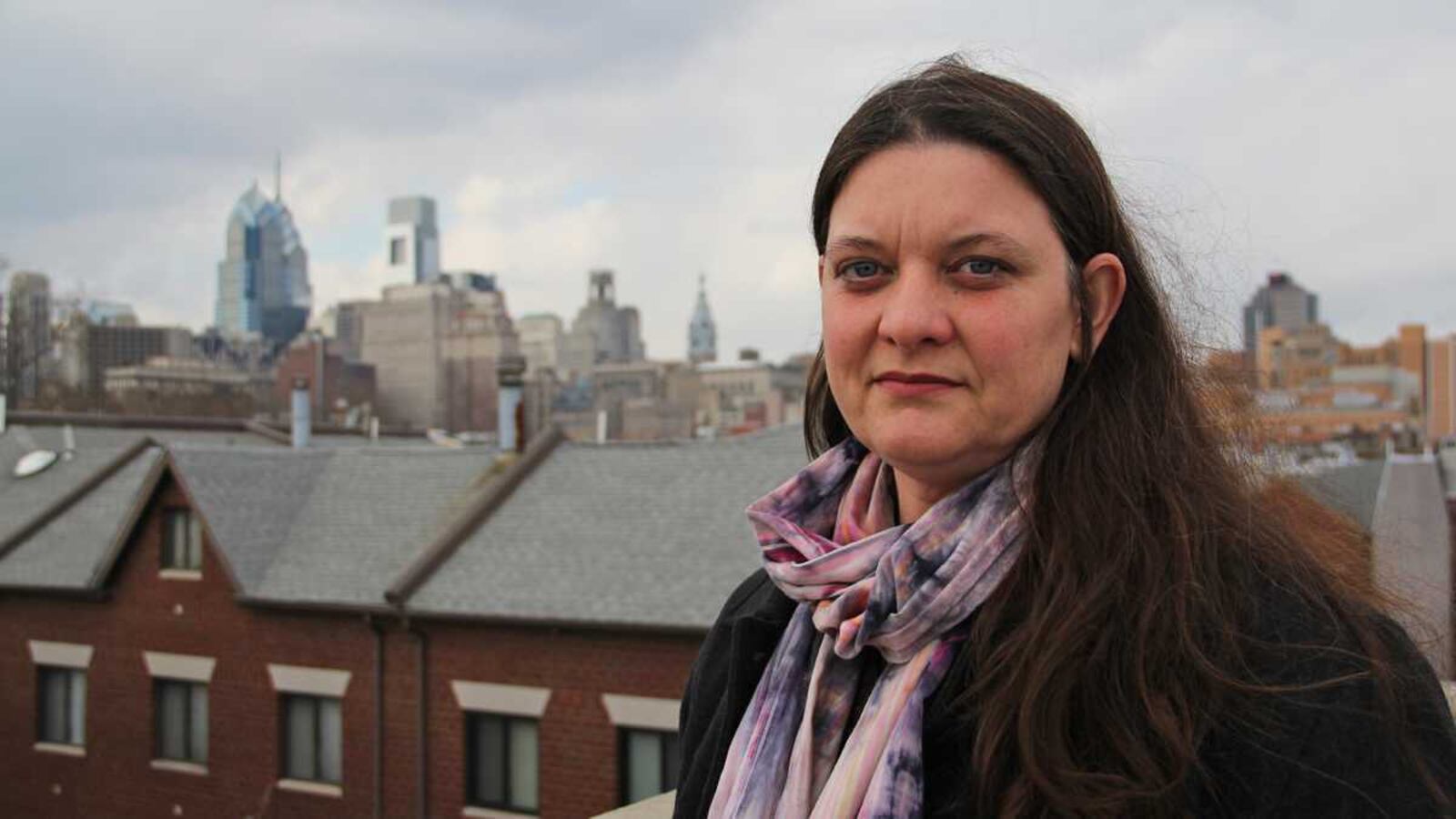This article was originally published in The Notebook. In August 2020, The Notebook became Chalkbeat Philadelphia.
This is a story about how the system can crush your soul.
Emotional-support teacher Danyell Dahn came to the Philadelphia School District four years ago from Bloomington, Ind., eager to devote herself to the city’s most vulnerable students.
She arrived at Center City’s Ben Franklin High School with a mix of idealism and determination — certain that she could help kids overcome big problems by taking time to get to know them, talking honestly and building rapport.
"The thing that works best for my students is if they can make a connection with somebody that they can come to," Dahn said, "and say, ‘I’m feeling really angry. I’m feeling really frustrated. What should I do?’ They need to be able to trust somebody."
As an emotional-support special education teacher, Dahn works with kids who have lawfully binding Individualized Education Programs — plans written to ensure that educators take into account the students’ emotional or behavioral impediments to learning.
Students can have emotional-support IEPs based on a variety of diagnoses — from schizophrenia to depression to a proclivity for unwarranted violent outbursts. Many consider being an emotional-support teacher among the most challenging positions in the profession.
Dahn says many of the students she serves live in neighborhoods plagued with violence and come to school "in survival mode … acting as if they are coming out of a war zone."
Helping these kids engage with school curricula first takes real human connection, she says.
"I need to be able to take time and say, ‘What happened?’ They need to know that I care, that I’m interested, that somebody’s listening," she said. "And after they feel that they’re heard, then maybe they can hear what other people are saying, too."
During her first year on the job, Dahn felt she was a steady, reassuring presence in her students’ lives. Her student caseload was under legal limits, and everything moved along relatively fine.
Then the budget ax fell.
And over the next few years, Dahn watched as caseloads ballooned and students received less and less individualized attention.
At the end of the 2012-13 school year, the Philadelphia School District shuttered 24 schools and shed about 5,000 staffers. As a result, Ben Franklin, a school that received displaced students, saw enrollment rise by more than 250 students.
"When we hear about the school closings and the deficit, I don’t think people are realizing what that looks like and that we’re making the problems worse," Dahn said. "Unfortunately for the students, there are a lot of needs that they have that we simply don’t have time to tend to during the day."
At the beginning of this school year, there were five high-incidence special education teachers at Ben Franklin for 164 special ed students. Looking at state law, the teachers calculated that the school should have had at least three more teachers.
"Before the students even got there, you know we go in a couple of days early, and when I walked in, administration said, ‘We know, we know we have so many emotional-support students. We are getting another teacher. The District knows. They’re sending somebody over.’"
Dahn waited.
September went by. October went by.
Nothing changed.


